Saudi Arabia is preparing for three summits this week to rally Arab and Muslim opposition to Iran as tensions mount in the region. The summits won’t help the Saudis biggest problem: the quagmire in Yemen.
King Salman will chair summits of the Gulf Cooperation Council and the Arab League on May 30 in Mecca and of the Organization of Islamic Cooperation (OIC) on May 31, also in Mecca. The choice of Mecca as the venue is designed to enhance the king’s claim to leadership by underscoring his role as the custodian of the two holy mosques of Mecca and Medina. The Saudis are investing considerable prestige in the summits.
The summits come after repeated assaults on the kingdom by the Zaydi Shia Houthi rebels in Yemen. The rebels used drones to attack the east-west pipeline that pumps oil from the Eastern Province to the Red Sea, and missiles to strike Saudi cities close to the Yemeni border. These attacks followed the sabotage of four ships in the Emirati port of Fujairah.
The Houthis say the stepped-up attacks are a response to the Saudis’ refusal to cease air strikes in Yemen after the Houthis withdrew from three ports on the Red Sea to allow more humanitarian aid in to the country. The Saudi backed President Mansour Abdu Rabbu Hadi has publicly accused the United Nations mediator of being pro-Houthi and biased toward the rebels. The Saudis blame Iran for the breakdown in peace talks and the escalating violence. The rebels insist, correctly, that they are independent of Tehran, but they are clearly coordinating closely with their Iranian ally.
The Saudi media is urging a tough line on Iran, hoping it will produce regime change in Tehran. Young Iranians are said to be ready to overthrow the government if sanctions continue to tighten, and military action ups the ante; but those claims aren’t credible. The Saudis are trumpeting Trump’s tweet that military action will lead to the official end of Iran.
If Iran wants to fight, that will be the official end of Iran. Never threaten the United States again!
— Donald J. Trump (@realDonaldTrump) May 19, 2019
The Saudis have even invited their bete noire, Qatar, to the summits. It’s unlikely that they intend to reconcile with Doha, but they are eager for the imagery of unity against Tehran. The king and Crown Prince Mohammed bin Salman are reluctant to admit that their quarantine of Qatar has badly splintered the Gulf Cooperation Council. Pakistani Prime Minister Imran Khan is coming to the OIC summit, primarily to advocate the Palestinians’ opposition to the Trump administration’s so-called deal of the century, he says.
Behind the summitry is a disastrous failure of decisionmaking that led to the intervention in Yemen in 2015; the signature initiative of the crown prince. Thanks to his leadership, Saudi cities and infrastructure are now targets for a once-ragged militia that has developed increasingly sophisticated drones and missiles with the help of Iran and Hezbollah. The war is the worst humanitarian catastrophe in the world.
The Trump administration’s decision to sell billions in arms to Riyadh without congressional approval will only encourage the crown prince to continue the quagmire. The Saudis are not more capable of winning the war with more munitions. The American support has singularly failed in four years to prevent the Saudis from bombing civilian targets or reducing the carnage of the war. Children are the most at risk and are paying a horrible cost.
The Saudis have apparently forgotten the lessons of another war in Yemen fought a half century ago. Then, Egypt sent tens of thousands of men to buck up a military coup against the Zaydi monarchy. King Faysal provided clandestine support and sanctuary to the royalists, along with Jordan, Israel and the British. The quagmire in Yemen bogged Egypt down for five years, substantially contributed to its crushing defeat by Israel in 1967, and made Faysal perhaps the most successful Saudi king ever. The Saudi contribution to the royalists was a pittance compared to the Egyptian war effort, which was aided massively by the Soviets. Then-President John F. Kennedy wisely kept America on the sidelines, and today’s leaders—both in Washington and Riyadh—would be wise to follow that example.
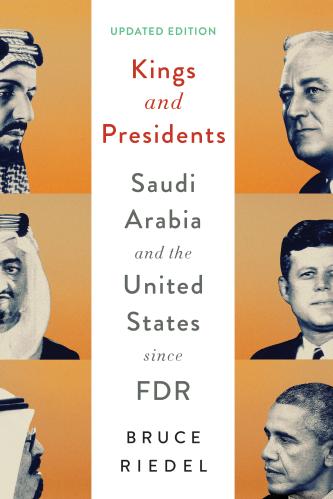
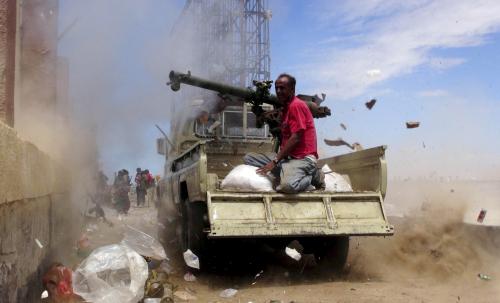
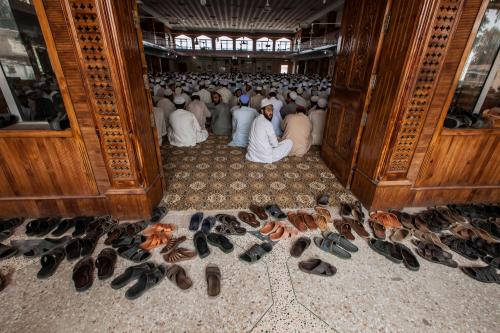


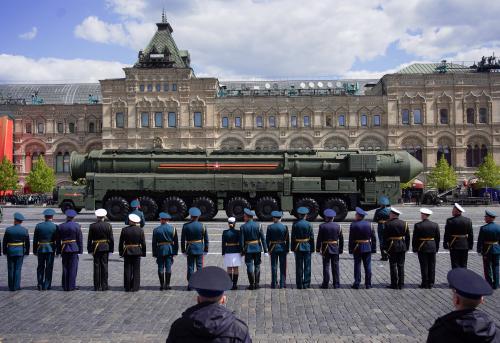
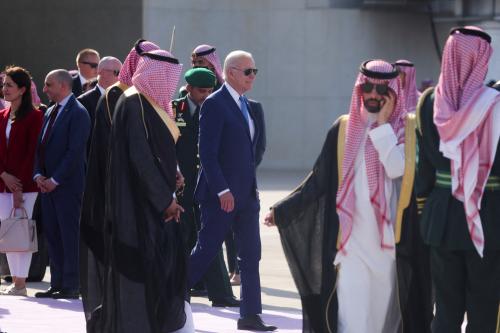
Commentary
As the Saudis host international summitry, their Yemen problem isn’t going away
May 28, 2019